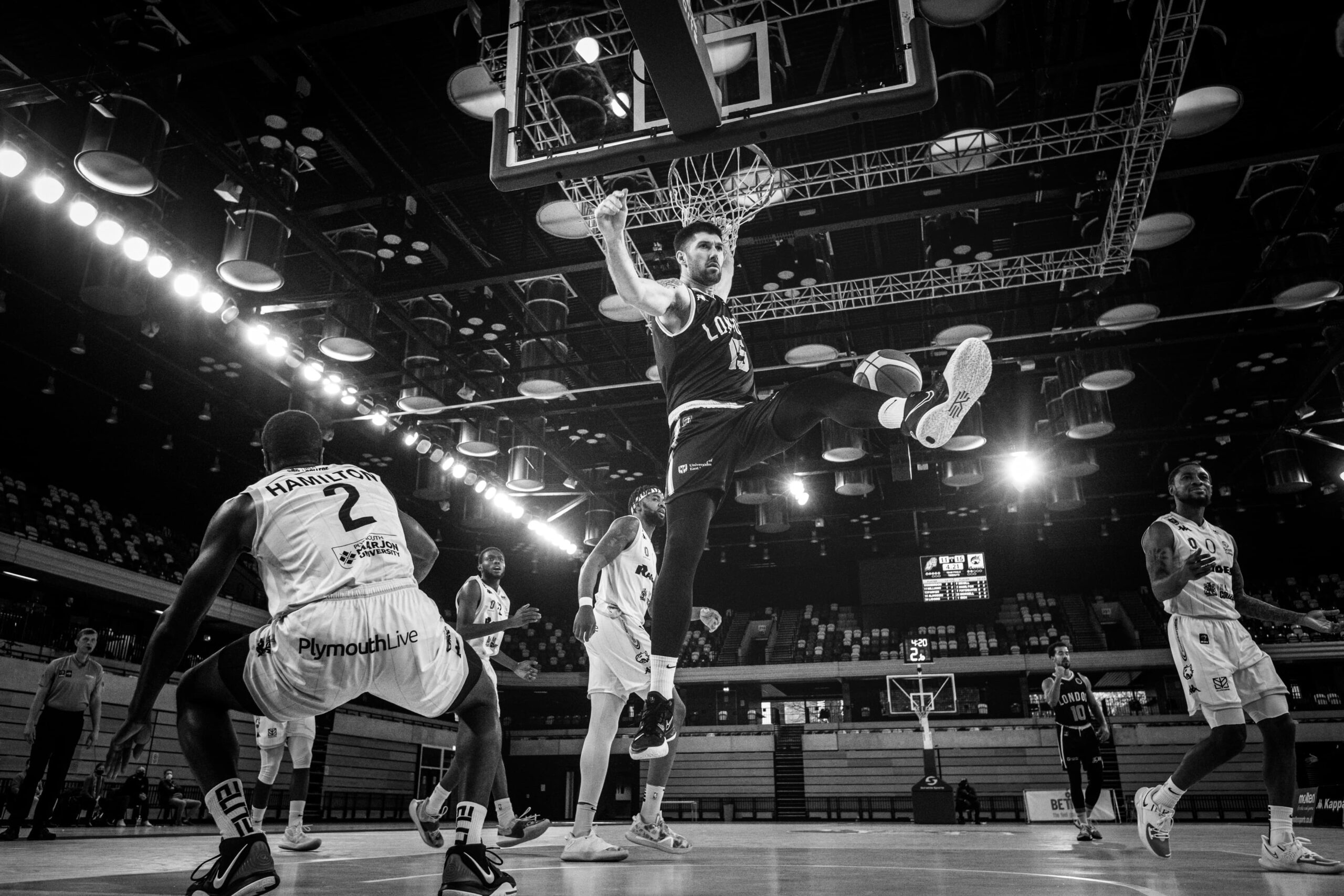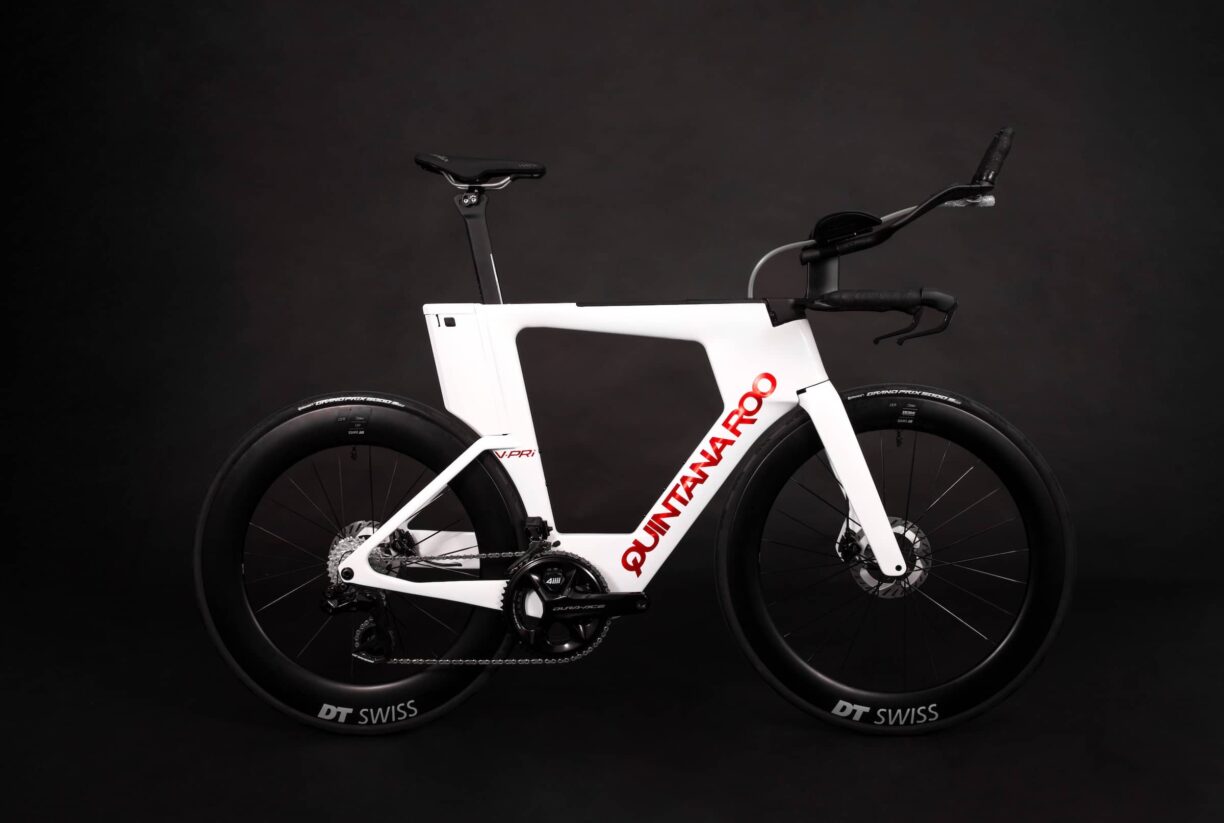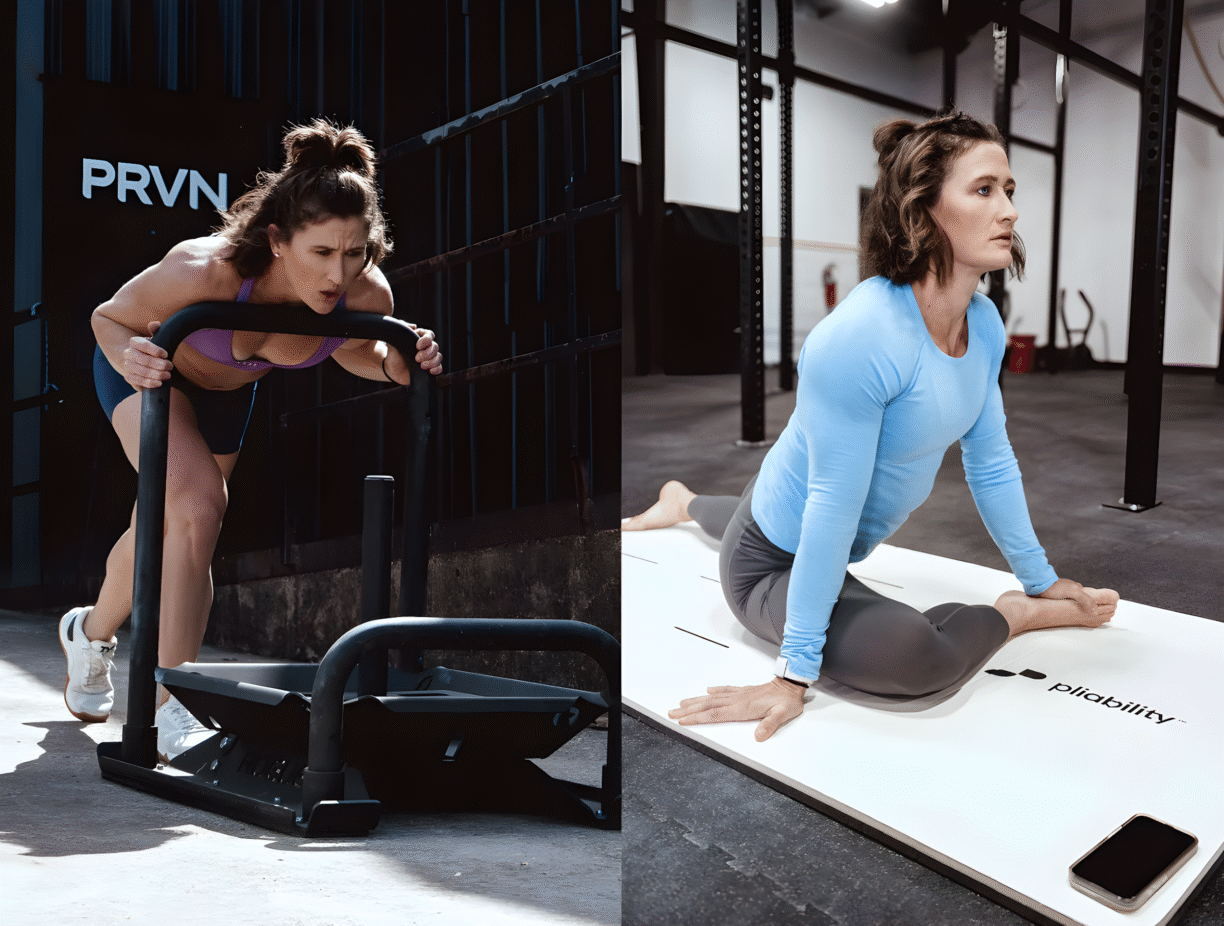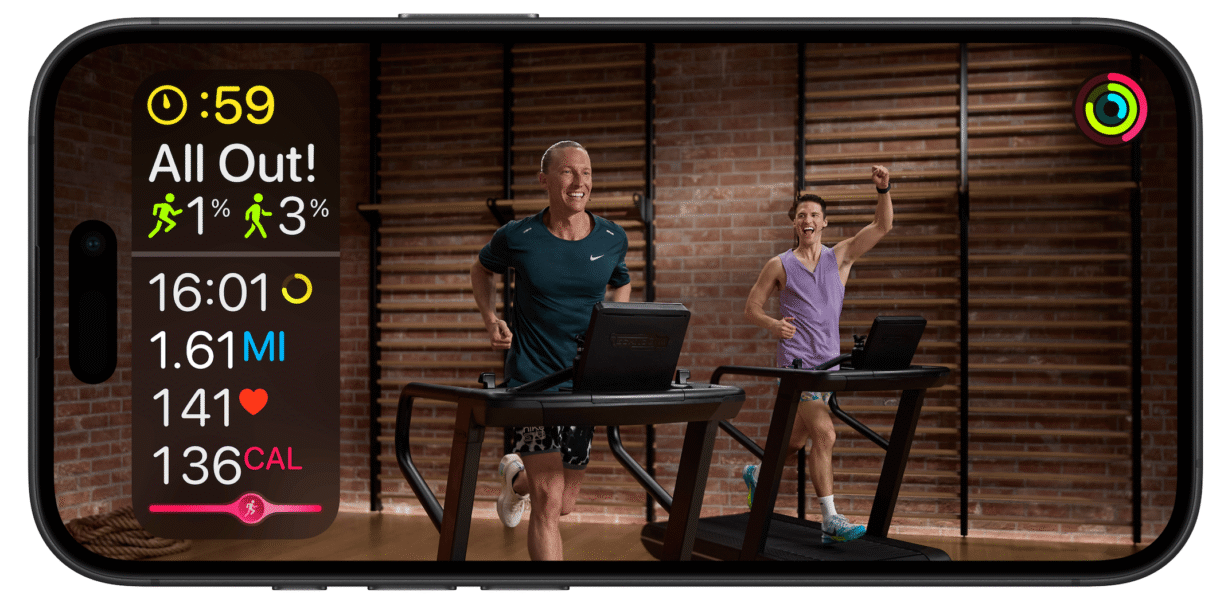Keeping fit and healthy has never been more important, but perhaps never more difficult, with many of us being forced to workout out and keep fit from the confines of our homes, unable to attend gyms due to the current restrictions and reluctant to go outside in such cold weather.
With millions across the UK pursuing their fitness regimes at home, daily training and recovery requires a comprehensive eating plan that matches these physical demands, which can put some people off.
Maintaining a healthy, balanced diet is essential for good health and nutrition, but also provides you with the right nutrients to boost your energy when exercising and to help you recover when resting.
It is key to understand what foods work best for both pre, post and during exercise, and to help you Fahro Alihodzic, Centre for Great Britain and the London Lions of the British Basketball League, gives his top diet tips to boost energy and speed up recovery:
Pre workout
“Before any form of training or exercise, it is important that you eat a meal which gives you plenty of energy.
For this, you need to include carbohydrates as they help to maximise your body’s ability to use glycogen to fuel short and high-intensity exercises.
Ideally, you want to fuel up on carbs between 30 minutes to an hour before you start exercising, if you don’t your body will start breaking down your muscles to fuel you through your session.
“My go to pre training meal usually consists of pasta with grilled chicken as it incorporates both protein and carbohydrates.
Rice or whole grain bread is also another great option for fuelling up on carbohydrates, with a protein such as grilled chicken or salmon.
When adding proteins to your meal, it is important to add healthy proteins such as grilled white meats such as chicken or turkey as they are also low in fat.
I would also eat a snack right before warming up which could be a banana or granola bar for that extra release of energy throughout my session.”
During workout
“Water is the most vital part of an athletes’ diet. Staying hydrated is the easiest and most effective way to maintain your energy levels when you are active, as it helps to transport nutrients around your body to give you energy and maintain overall health.
Water also regulates your body temperature and lubricates your joints, which is so important when you are exercising for long periods at a time with minimal breaks.
If you’re not hydrated, your body simply can’t perform at its highest level.”
Post workout
“After exerting all your energy during training, your recovery becomes very important so you can perform at your best consistently day after day.
Consuming a proper amount of carbs and protein after exercise is essential as it will stimulate muscle protein synthesis, improve recovery and enhance performance during your next workout.
If you’re not able to eat within 45 minutes of working out, it’s important to not go much longer than 2 hours before eating a meal.
“Combining carbs such as multi-grain bread, whole wheat pasta or rice with a protein such as black beans, salmon, low-fat beef or lamb are important for muscle and bone repair or building.
It is also vital to rehydrate after a long session, as losing too many electrolytes through sweating can also cause an array of symptoms including fatigue, muscle cramps and aches.
“I usually eat grilled turkey breast with vegetables or salmon with sweet potato post exercise, and to rehydrate and have chocolate milk as it’s high in carbohydrates which helps your muscles recover, whilst its high water content hydrates and replenishes essential electrolytes, such as potassium, magnesium and calcium.”





